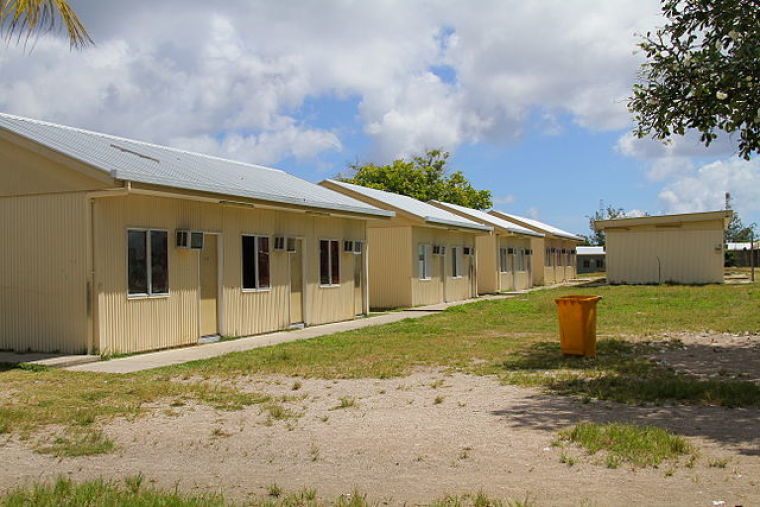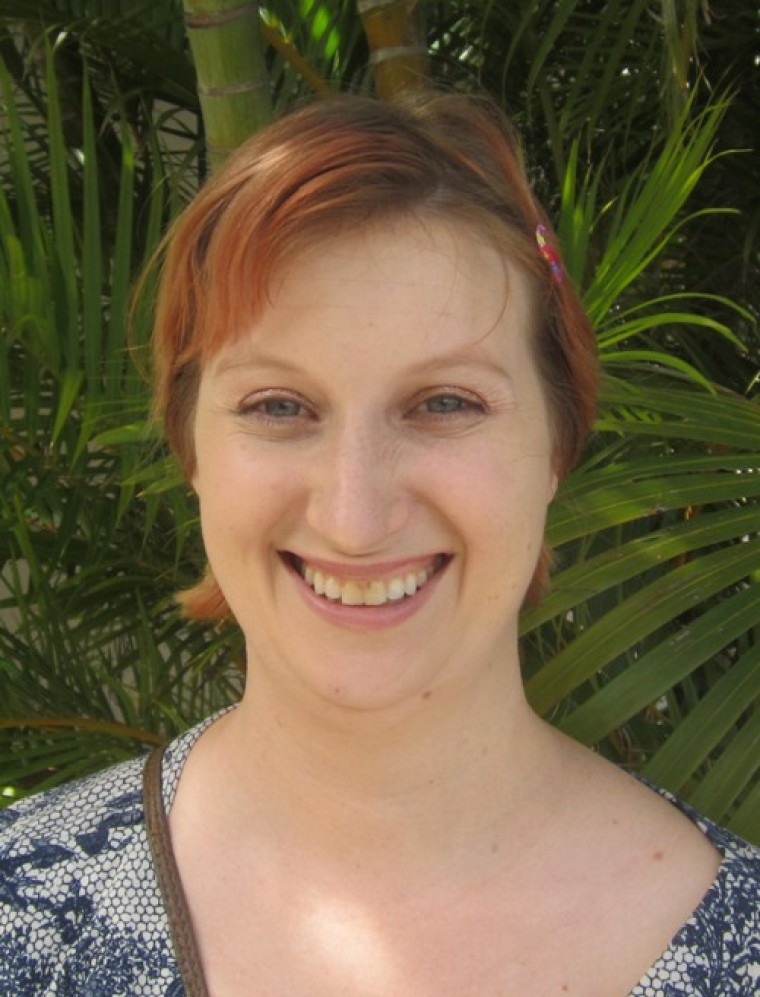

The UNHCR Regional Office for South-East Asia published a detailed report on Friday titled "Irregular Maritime Movements in South-East Asia", which has provided in-depth data about the ongoing refugee trafficking trade in the region. The report was released a day after Immigration Minister, Scott Morrison, was dubbed the "most powerful person in the Australian government" by the Guardian publication.
The Senate's passing of the Migration and Maritime Powers Legislation Amendment (Resolving the Asylum Legacy Caseload) Bill 2014 on Thursday granted Mr Morrison unprecedented powers in regard to asylum seekers. Mr Morrison's decisions in this area—whether they block an asylum seeker from making a protection claim or detain people without charge—can no longer be questioned. Additionally, since Mr Morrison implemented policy to nullify any refugee applications made after July 1, the UNHCR's office in Jakarta, Indonesia, has been inundated.
According to the UNHCR's findings, which serve as an annual audit, the number of refugee boats in the South-East Asian region has increased by 37 per cent this year. The vast majority of refugees fled Bangladesh and Myanmar, while a people-trafficking hub is located in the Bay of Bengal. The estimate shows that around 54,000 people boarded boats in the region in 2014—53,000 of them left from the Bay of Bengal—and 540 of these people died at sea from starvation, dehydration or violence.
The UNHCR's spokesperson, Vivian Tan, told ABC Radio that 10 per cent of the boat passengers were women, while an even higher percentage were children. Most seek to settle in either Thailand or Malaysia for improved living arrangements, while some hope to reach Australia via Indonesia. According to Fairfax Media's Indonesia correspondent, over 10,500 stranded refugees are registered with the UNHCR in Jakarta and detention centres in the city are very overcrowded.
Many refugees in Indonesia are financially strapped, while others are in poor physical health. In Malaysia, almost 200 people approached the UNHCR with beri beri disease, a Vitamin B1 deficiency that affects walking. One of the other startling figures in the UNHCR report estimates that US$250 million (A$301 million) has been generated in revenue from people smuggling since 2012. One Afghani family stuck in Jakarta paid a smuggler $US6,000 (A$7,200).
In terms of boats that have tried to reach Australia, the report's data shows that 10 of these vessels were turned back in 2014. Furthermore, the vast majority of the 6,500 asylum seekers detained in the region throughout the year are held in Nauru and Papua New Guinea, where Australia has established offshore processing centres.